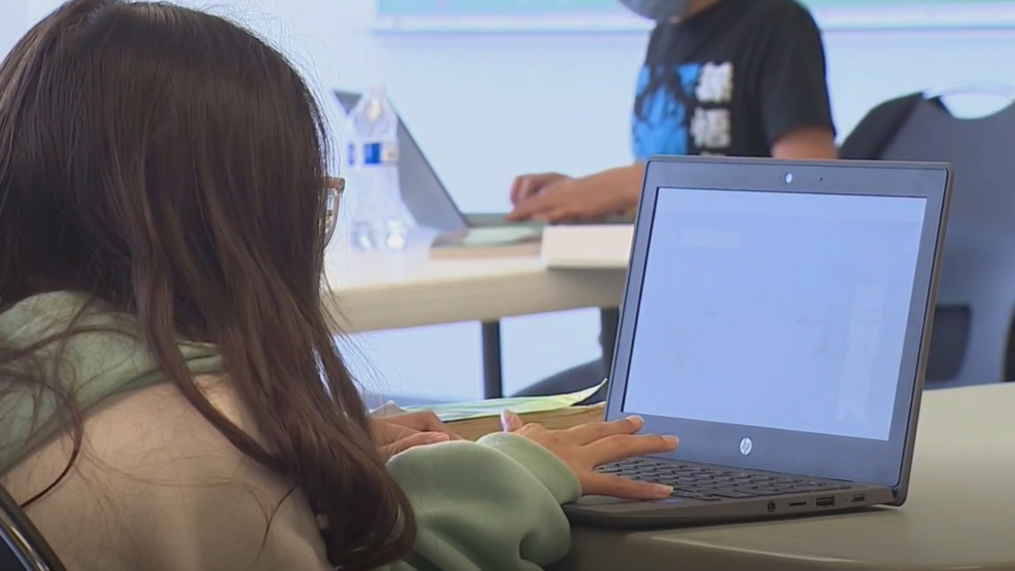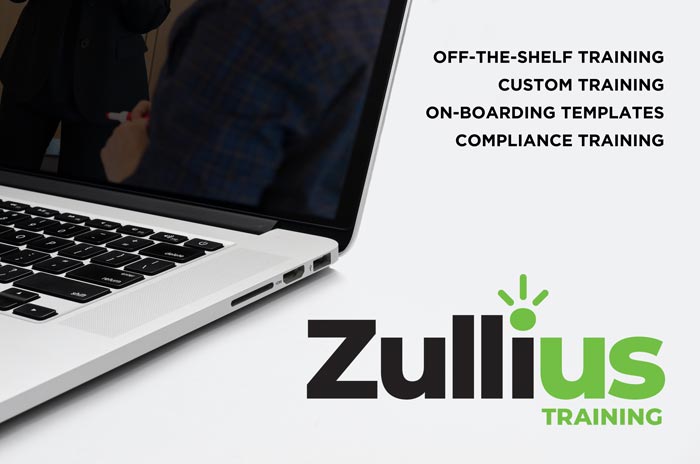
A master's degree in education in early childhood is a good option if you are interested to become a teacher. The program will provide you with a wide knowledge of the ages and developmental stages of young children as well as different teaching methods. Also, you'll learn about play theory. The following paragraphs will provide some basic information about the graduate program.
EdS degree
If you are interested in becoming an early childhood educator, an online program with a Master of education in early childhood education might be a good option. These courses will cover learning theory and elementary curriculum methods. They also teach foundations of teaching. Students will also learn about early childhood literacy and language development. Other topics covered in an online early childhood degree program include leadership worldviews, contemporary issues, and family literacy learning. This degree program may be suitable for parents who want to improve their child's educational opportunities and enhance their family's quality of life.
Applicants should have a teaching certification and be aware of licensing requirements. Some states require applicants with teaching experience of at least 10 years. If you have any teaching experience below this age, it is important to update your resume. Be aware that different programs may require different information. Some need answers to particular questions while others just want to know how you intend to use your degree.

Online programs
Several degree programs are available online, including the Master of Education in Early Childhood Education. Master's programs in early childhood education are increasingly popular. These programs give you the skills and knowledge to become a teacher or administrator. University online programs allow students flexibility in their studies and the ability to earn a degree. Students can earn their degree online, at their own pace and in the comfort of their own homes. The following are examples of Master of Education programs in early childhood.
University of Toledo offers an Online Master of Arts in Early Childhood Teaching. The program is affordable and requires 36 credit hours. The curriculum is broken into three parts. There are three parts to it: a foundational core; early childhood-specific classes; and a culminating activity (such as a thesis/project). The University of Toledo's online program will offer 36 credit hours and $12,060 tuition.
Curriculum
Once you've made the decision to get an advanced degree in early education, the next step is to choose a program. Many programs may have the same requirements but they might require different coursework. Courses that are required for graduate programs in early child education could include educational psychology, developmental linguistics, multicultural education, and child development. These courses can also be taken online so students can work at their own pace. See our course listing below to learn more.
Although the courses offered by online schools vary, they all have a common schedule and a fixed tuition. Online programs can take between two and three years, although some are shorter. Some programs lead directly to teacher certification. Others may allow for additional endorsements to be granted to licensed teachers. You can also apply for positions in schools, government agencies, or non-profit organizations.

Requirements
A master's in early childhood education program typically requires at least 30 credits and requires two years to complete. Some programs allow you to complete your degree in as little as one year, if you opt for an accelerated online program. 48 credits may be required for initial teacher certification. This program requires fieldwork and student teaching. You can also choose an additional endorsement such trauma studies. This will help you understand behavior issues related to childhood trauma. Graduates might also consider working in non-profit and government organizations as well as schools.
Teachers College, Columbia University offers a Master of Arts degree in Teaching Young Children. This curriculum will prepare you to tackle critical issues in early education. You have the option of either a part-time or full-time program depending on your availability. Part-time students typically finish the program in one year, while a full-time student might spend two years. In either case, the program is designed as a cohort model.
FAQ
What is eLearning all about?
E-learning requires a lot of time and effort. E-learning requires an understanding of the learning process. Learning should be based on the learners' goals.
The content must be informative and engaging. Visual aids like images, animations, videos, and interactive elements should be included in learning materials.
Engaging and enjoyable e-learning should be possible. It should place a strong emphasis on motivation for learners. This includes providing feedback for learners working hard to reach their goals and encouraging them.
What is your biggest challenge when it comes to online education?
The greatest challenge is keeping students engaged during the course. If they are not interested in what you're teaching them, then how do you expect them to learn anything? Giving students many options is the best way to keep them focused. This allows students to pick which modules and chapters they want, how many exercises they want, what tests they want, and which assignments they want.
What is electronic learning?
E-learning is an online learning tool for individuals, organisations, and institutions. It is a method to transmit information and instruct over electronic media like computers, mobile devices and other digital technology.
Because this type learning uses technology to deliver content, rather than physical materials, the term "e", is used.
E-learning does not have to be done in a traditional classroom setting. It can also be done at home, on the move, or anywhere else that has internet access.
Why do many prefer taking eLearning courses?
The reasons for this are simple. They are flexible. You don't have to attend classes at a fixed time and place. Second, online learning is possible. These courses are also convenient because you can learn online without having to be distracted. They are also cost-effective.
What are some eLearning tools?
Interactive media such as video, audio and animation is the most effective way of delivering learning content.
These media enable learners to interact directly and directly with the content. They can also be used to increase learner engagement.
Online courses include text, graphics, sound and interactive features.
These courses can be offered free of charge or at a cost.
These are just a few examples of elearning tools:
-
Online courses
-
Virtual classrooms
-
Webinars
-
Podcasts
-
Video tutorials
-
Modules for e-learning that can be done at your own pace
-
Interactive
-
Social networking websites (SNS)
-
Blogs
-
Wikis
-
Discussion forums
-
Chat rooms
-
Email lists
-
Forums
-
Quizzes
-
Polls
-
Questionnaires
Statistics
- Hedonism incorporates intrinsic motivation, including novelty, challenge, excitement, and pleasure (Schwartz et al., 2012), which is likely to predict user perception of e-learning enjoyment. (sciencedirect.com)
- Interestingly, students' participation in online training grew by 142% in the past year alone, indicating how quality education and up-to-date teaching pedagogy are preferred by learners and working professionals to upskill across India. (economictimes.indiatimes.com)
- In the 2017 ATD research report Next-Generation E-Learning, 89% of those surveyed said that changes in e-learning require their staff to update or add new skills. (td.org)
- The UK sample was relatively balanced in terms of gender (56% male) compared to the Gambian group (77% male). (sciencedirect.com)
External Links
How To
How has elearning evolved since its introduction?
The first e-learning courses were developed in the 1980s. These courses were created to assist adults in learning new computer skills. E-learning is now much more advanced. Today, there is a wide variety of eLearning options. Here are some examples:
-
Computer-Based Training, (CBT) – CBT is typically short and involves computers being used to convey information.
-
On-Demand training (ODT): ODT is similar and only offered when required.
-
Self-study - Self-study allows students to study on their own, without any assistance.
-
Web-Based Training is (WBT): This type of eLearning involves students who complete their studies online. Although the tutor cannot view the students' work, he or she can track their progress via the system.
-
Video Lecture - Video lectures are recorded presentations viewed on a screen or TV.
-
Online Tutorials – These web pages provide step by step instructions on how to complete certain tasks.
-
Interactive Whiteboard (Interactive Whiteboard) - An interactive whiteboard works in the same manner as a regular whiteboard but has touch-sensitive zones that allow users interact directly with the image.
-
Simulations - Simulators are computer-based games that encourage role-playing. Students can play out scenarios that could occur during their workday.
-
Games - These computer-based activities aim to improve problem solving abilities.
-
Collaborative Education - This type of elearning encourages students and groups to work together.
-
Problem Solving - Problem-solving is a type of e-learning that aims to develop critical thinking skills.
-
Virtual Environments- A virtual world is a 3D model of real-world objects. In this case, it would be a 3D model of a building.
-
Social Networking - Social networking is a way of communicating with others via the internet.
-
Mobile Learning - A type of eLearning, mobile learning can be used while you're on the go.